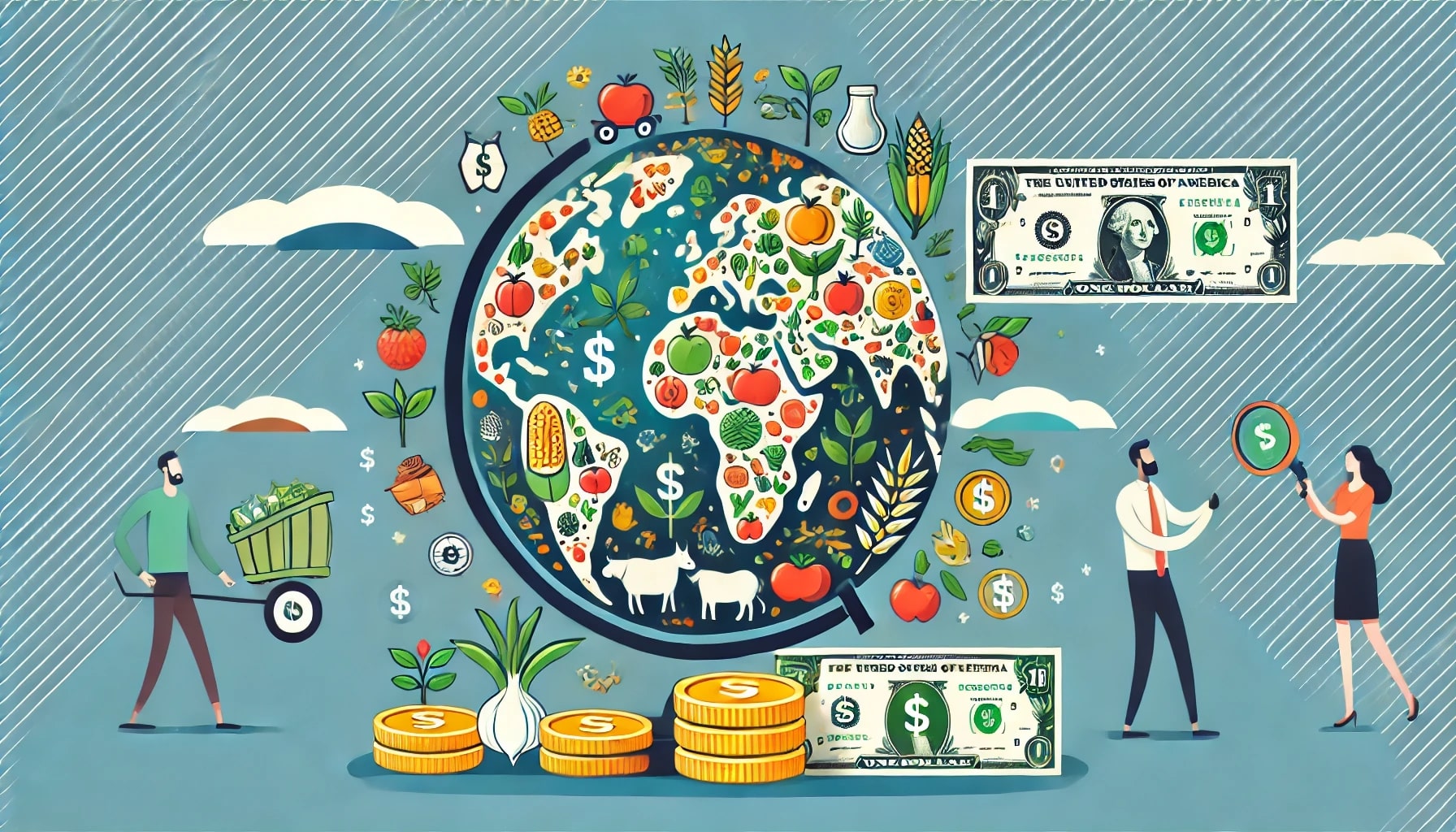The Bezos Centre for Sustainable Protein, a groundbreaking initiative at Imperial College London, has been launched with $30 million in funding from the Bezos Earth Fund. This new center aims to transform global food systems by developing innovative and sustainable protein alternatives.
Advancing Sustainable Food Solutions
The Bezos Centre for Sustainable Protein will focus on designing, delivering, and commercializing alternative food products that are economically viable, environmentally friendly, nutritious, affordable, and tasty. Spanning across seven academic departments at Imperial, the center will conduct cutting-edge research in various fields, including precision fermentation, cultivated meat, bioprocessing and automation, nutrition, and AI and machine learning. This initiative is part of the Bezos Earth Fund’s larger commitment of $100 million towards developing sustainable protein alternatives and expanding consumer choice. It aligns with the fund’s overall $1 billion pledge to food transformation, aiming to address the growing global demand for protein while minimizing environmental impact.
Addressing Global Food Security Challenges
Professor Hugh Brady, President of Imperial College London, emphasized the importance of the center’s mission: “Food security is one of the biggest challenges facing humanity. For a sustainable future, we need to ensure that people across the world can be fed adequately and nutritiously with minimal impact on biodiversity, climate and our wider natural environment. “The center’s work is particularly crucial given the projected global population growth. Dr. Andrew Steer, President and CEO of the Earth Fund, stated, “By 2050 the world population will be over 10 billion, so now is the time to rethink the way we produce and consume food. This work will help ensure that our future includes more protein options – and that they taste great, are nutritious and come at low cost.”
The Need for Sustainable Protein Sources
Protein is essential for human health, playing a vital role in cellular function and overall well-being. However, traditional animal-based protein production methods are associated with extensive land use and significant greenhouse gas emissions. As the global population expands, the need for sustainable protein sources becomes increasingly critical for both human and planetary health.
Collaborative Research and Innovation
The Bezos Centre for Sustainable Protein will operate as a hub-and-spoke model, with its main base at Imperial College London and six additional spokes in the UK and abroad. This structure facilitates collaboration with over 65 international partners, spanning from cutting-edge research to product commercialization.
UK Partnerships
In the UK, the center will collaborate with:
- The Cellular Agriculture Manufacturing Hub at UCL and Aberystwyth University
- The Food Centre at Reading University
- The Growing Kent & Medway consortium, involving the National Institute of Agricultural Botany and the Universities of Kent and Greenwich
International Collaborations
Internationally, the center will work with:
- The Technical University of Denmark (Biosustain)
- Tufts University (Centre for Cellular Agriculture)
- The National University of Singapore
Part of a Broader Initiative
The launch of the Bezos Centre for Sustainable Protein at Imperial follows the recent announcement of a sister center at North Carolina State University. These initiatives are part of the Bezos Earth Fund’s comprehensive strategy to transform food and agricultural systems, which also includes efforts to reduce livestock emissions.
Imperial College London: A Leader in Scientific Innovation
Imperial College London, a world-leading university for science, technology, engineering, medicine, and business (STEMB), is well-positioned to host this innovative center. With a rich history of scientific breakthroughs, including the development of penicillin, holography, and fiber optics, Imperial continues to be at the forefront of scientific discovery and innovation. The university’s global network, comprising 22,000 students and 8,000 staff across nine campuses, provides a robust foundation for the interdisciplinary work required to address complex challenges in global health, climate change, AI, and business leadership.
The Bezos Earth Fund: Driving Climate Action
The Bezos Earth Fund, established with a $10 billion commitment from Jeff Bezos, is dedicated to combating climate change and protecting nature. By providing funding and expertise, the fund partners with organizations to accelerate innovation, overcome barriers to success, and create a more equitable and sustainable world.
Conclusion
The launch of the Bezos Centre for Sustainable Protein at Imperial College London marks a significant step towards addressing the global challenges of food security and environmental sustainability. By leveraging cutting-edge research, international collaborations, and innovative approaches to protein production, the center aims to revolutionize our food systems and pave the way for a more sustainable future. As the world grapples with the dual challenges of feeding a growing population and mitigating climate change, initiatives like the Bezos Centre for Sustainable Protein will play a crucial role in developing the solutions needed to ensure a healthy planet and population for generations to come.








